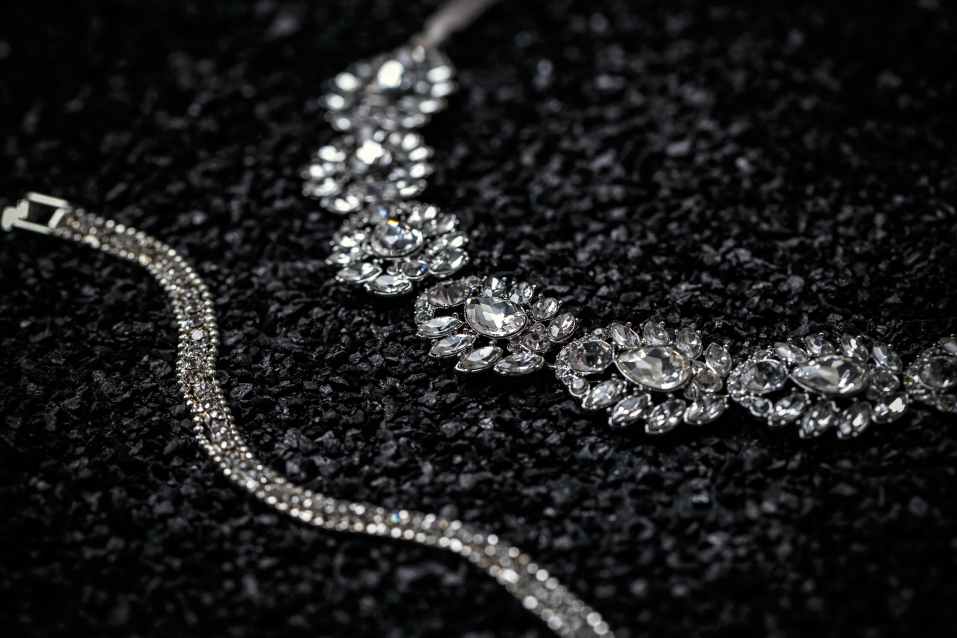In today’s world, where sustainability and ethical sourcing are becoming increasingly important, the relationship between organizations like WWF and lab diamonds has sparked considerable attention. The World Wildlife Fund (WWF), known for its dedication to environmental conservation, has aligned itself with practices that contribute to the well-being of the planet. As the diamond industry faces criticism for its environmental impact and human rights issues, lab-grown diamonds have emerged as an ethical and sustainable alternative. This article explores the connection between WWF and lab diamonds, highlighting the role these synthetic gems play in promoting environmental and social responsibility.
WWF’s Commitment to Sustainability and Ethical Sourcing
WWF has long been at the forefront of advocating for sustainability and ethical sourcing. The organization works to reduce the ecological footprint of industries that impact the planet, promoting responsible practices that safeguard ecosystems, wildlife, and natural resources. WWF’s mission includes ensuring that products, from food to jewelry, are sourced in ways that minimize environmental damage and respect human rights. In this context, WWF’s support for ethical sourcing has extended to the diamond industry, where it encourages alternatives to traditional diamond mining, such as lab diamonds.
WWF’s endorsement of lab diamonds aligns with its commitment to reducing environmental harm. Unlike natural diamonds, which are extracted through mining that often leads to habitat destruction, water pollution, and carbon emissions, lab diamonds are created in controlled environments. This process eliminates many of the ecological issues associated with mining, making lab diamonds a more sustainable and responsible choice. WWF’s advocacy for such alternatives emphasizes the importance of making environmentally conscious choices in all sectors of commerce, including the luxury goods industry.
Lab Diamonds as an Ethical Alternative to Mined Diamonds
Lab diamonds present a significant opportunity to reduce the negative impacts of traditional diamond mining, a fact that has garnered attention from organizations like WWF. When discussing WWF and lab diamonds, it’s important to highlight the ethical advantages of synthetic diamonds. Traditional diamond mining often raises concerns over human rights abuses, environmental degradation, and conflict funding. In contrast, lab-grown diamonds are produced in controlled conditions that do not involve forced labor or harmful extraction methods.
WWF supports the idea that lab diamonds provide an ethical alternative to mined diamonds, offering consumers a guilt-free option when purchasing diamond jewelry. Lab diamonds are produced using advanced technology, either through High Pressure High Temperature (HPHT) or Chemical Vapor Deposition (CVD) methods, which mimic the natural process of diamond formation but in a much faster and more controlled manner. These methods do not involve the exploitation of workers or the destruction of ecosystems, making them an attractive choice for consumers who care about the impact of their purchases on the planet and its people.
The Environmental Impact of Traditional Diamond Mining
One of the central concerns that WWF addresses in its environmental campaigns is the destructive impact of traditional diamond mining on the planet. Diamond mining operations often lead to deforestation, soil erosion, and loss of biodiversity, as well as the depletion of water resources. The process of extracting diamonds from the earth requires large amounts of energy, and the chemicals used in mining can pollute local ecosystems, affecting both wildlife and human populations.
WWF has long advocated for the protection of natural habitats and the reduction of resource extraction activities that harm the environment. In this context, lab-grown diamonds represent a cleaner, greener alternative. By producing diamonds in a laboratory, rather than extracting them from the earth, the environmental footprint of the diamond industry is drastically reduced. This is a critical aspect of WWF’s ongoing efforts to encourage industries to adopt more sustainable practices, particularly in sectors that traditionally have a significant environmental impact.
Lab Diamonds and Carbon Footprint Reduction
Another important consideration when discussing lab made diamonds is the significant reduction in carbon emissions associated with lab-grown diamonds. Traditional diamond mining is an energy-intensive process that results in substantial carbon emissions, contributing to climate change. From operating heavy machinery to transporting raw materials, the carbon footprint of diamond mining can be considerable.
In contrast, lab-grown diamonds can be produced using renewable energy sources, significantly reducing their carbon impact. Many labs that produce synthetic diamonds are powered by clean energy, further minimizing the environmental effect of diamond production. WWF supports this transition toward renewable energy and the reduction of carbon footprints across all industries, including the diamond sector. By promoting lab diamonds, WWF highlights a key step toward a more sustainable future, where businesses can operate without contributing heavily to global warming.
How WWF and Lab Diamonds Align in Supporting Ethical Consumerism
WWF has long been a champion of ethical consumerism, urging individuals to make purchasing decisions that consider the long-term impact on the planet and its resources. Lab diamonds offer an ethical choice for consumers who are concerned about the environmental and human costs associated with traditional mining. By supporting lab-grown diamonds, consumers can make a tangible difference in reducing the demand for mined diamonds, thereby contributing to the protection of ecosystems and the improvement of workers’ rights.
The popularity of lab diamonds is steadily growing, and WWF’s emphasis on ethical consumerism helps guide this trend. More and more consumers are seeking products that align with their values, and lab diamonds meet this demand. With growing awareness of the ethical and environmental issues surrounding diamond mining, consumers are choosing lab-grown diamonds as a way to support sustainability and human rights. WWF’s efforts to educate the public on the benefits of lab diamonds contribute to this shift in consumer behavior.
The Future of WWF and Lab Diamonds
Looking ahead, WWF continues to advocate for the widespread adoption of sustainable practices, and the lab-grown diamond industry is likely to be a major part of this future. As technology advances and the market for lab diamonds expands, the environmental and ethical benefits of synthetic diamonds will only become more apparent. WWF’s ongoing support for lab-grown diamonds reinforces its commitment to creating a more sustainable and responsible world.
The future of WWF and lab diamonds is closely tied to the growing recognition of the importance of ethical sourcing and environmental conservation. By promoting the adoption of lab diamonds, WWF is encouraging a shift toward more responsible practices in the diamond industry. As awareness grows and demand for sustainable products increases, it’s likely that the lab-grown diamond sector will continue to flourish, providing consumers with a luxurious yet ethical choice.
Conclusion: WWF and Lab Diamonds as a Step Toward a Sustainable Future
In conclusion, WWF and lab diamonds are aligned in their mission to promote sustainability, ethical sourcing, and environmental responsibility. Lab-grown diamonds offer an ethical alternative to mined diamonds, eliminating the ecological damage and human rights violations often associated with traditional diamond extraction. By supporting lab diamonds, WWF is helping to create a future where the diamond industry operates in harmony with the planet and its people. For consumers seeking to make a positive impact through their purchases, investing in lab-grown diamonds represents a powerful choice for a more sustainable and ethical world.





